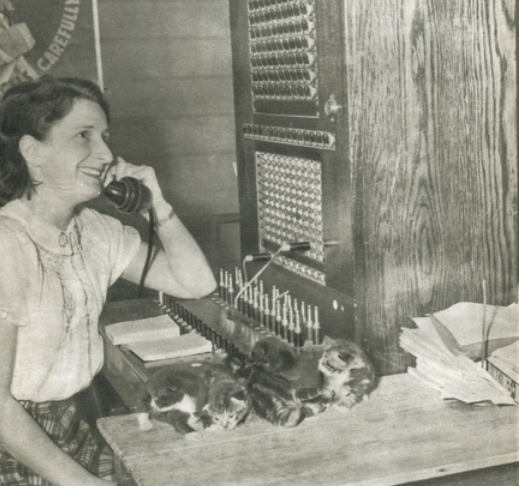Life was simpler back in the day, and so were the jobs that kept society running smoothly. Many of these roles, which were once an everyday part of life, have now disappeared thanks to changing technology and societal shifts. For baby boomers, these jobs may bring back fond memories of a time when life was more personal and hands-on. Let’s take a walk down memory lane with 12 jobs from the past that no longer exist today.
1. Switchboard Operator
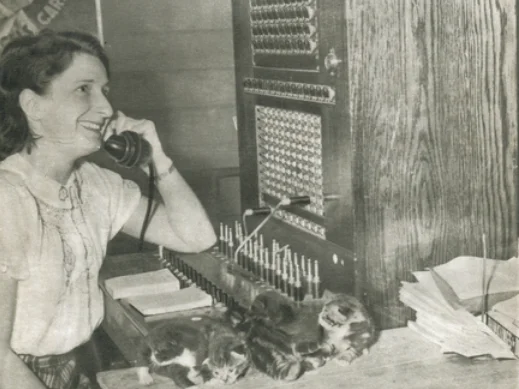
There was a time when placing a phone call meant speaking to a real, live person first. Switchboard operators were the backbone of telephone communication, connecting calls by manually plugging wires into a massive board. They were the original multitaskers, often handling multiple lines at once with incredible efficiency.
It’s funny to think now about how personal calling was back then. You might recognize the operator’s voice or have a quick chat while your call connected. But with the rise of automated systems and direct dialing, this once-essential job disappeared. Still, it’s hard not to feel nostalgic for the human touch these operators brought to every call.
2. Milkman
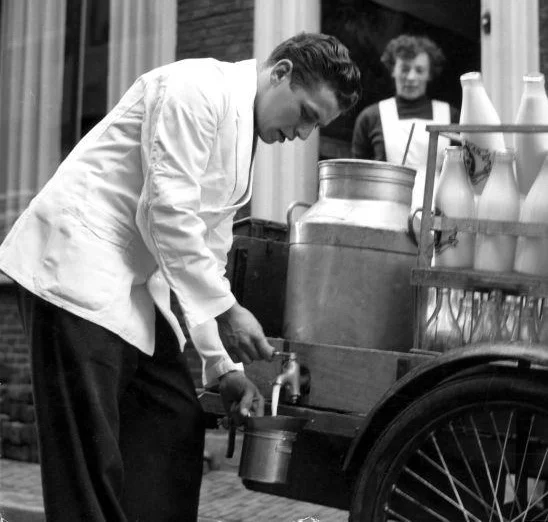
Ah, the milkman—a familiar sight in neighborhoods across America. Dressed in crisp white uniforms, they delivered fresh milk right to your doorstep, often in glass bottles that were later collected and reused. Many boomers remember the clinking sound of those bottles and the thrill of finding cream floating on top of the milk.
As grocery stores became more accessible and refrigeration improved, the need for daily milk delivery vanished. But the milkman was more than just a delivery person—they were part of the community, often stopping to chat or help out a neighbor. It’s a role that’s sorely missed in today’s hustle-and-bustle world.
3. Elevator Operator
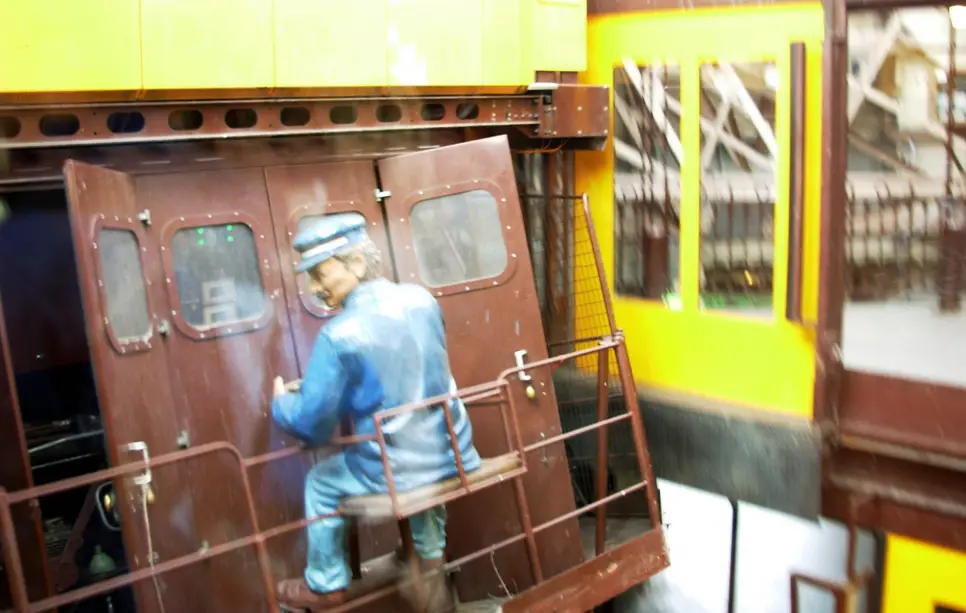
Stepping into an elevator used to feel like a formal event, complete with an operator to greet you and take you to your floor. These professionals added a touch of elegance to department stores, office buildings, and hotels, often wearing sharp uniforms and offering polite conversation.
Automatic elevators rendered this job obsolete, but there was something special about having a friendly face guide you on your journey upward. It was a little moment of connection that’s hard to replicate with a simple push of a button.
4. Ice Delivery Man
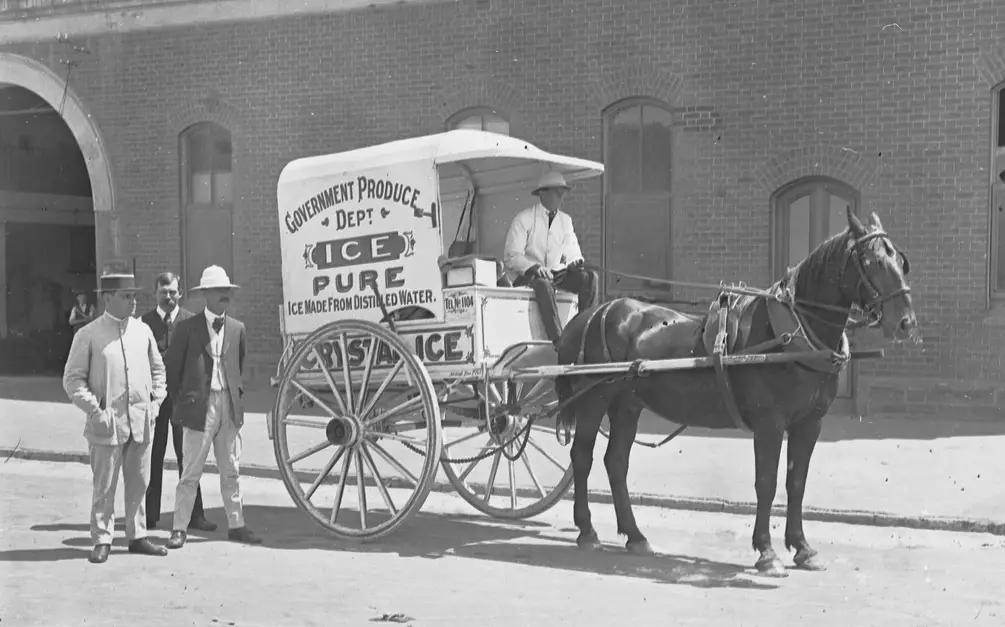
Before refrigerators became common household appliances, ice delivery men were an essential part of daily life. They hauled massive blocks of ice to homes and businesses, ensuring that food stayed cold and drinks remained refreshing. The sound of their horse-drawn wagons—or later, trucks—was a regular part of the neighborhood soundtrack.
These workers had a grueling job, often carrying heavy blocks up stairs or through narrow alleys. While we wouldn’t trade modern refrigeration for anything, it’s fun to think back to a time when an ice delivery felt like a little piece of magic arriving at your door.
5. Typist Pool
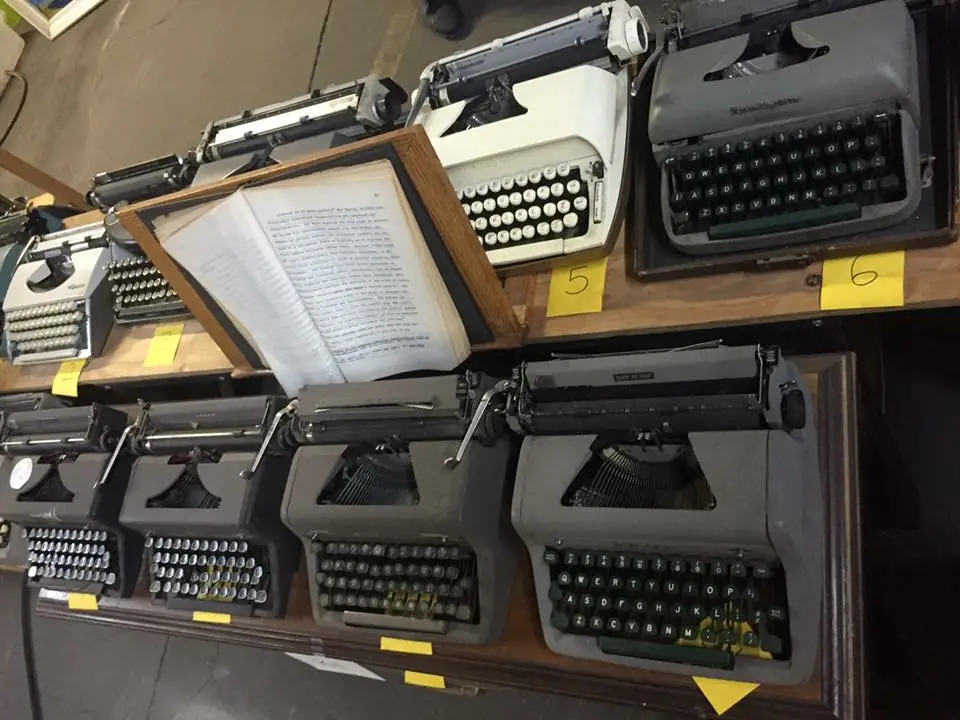
In the era before personal computers, offices were filled with pools of typists, predominantly women, who spent their days clacking away on typewriters. They were the unsung heroes of the business world, transcribing notes, reports, and correspondence with precision and speed.
The sound of typewriters clicking and the sight of correction fluid on desks are fond memories for many. Word processors and computers may have made the job obsolete, but these workers embodied the work ethic and professionalism that defined the mid-20th century office.
6. Lamplighter
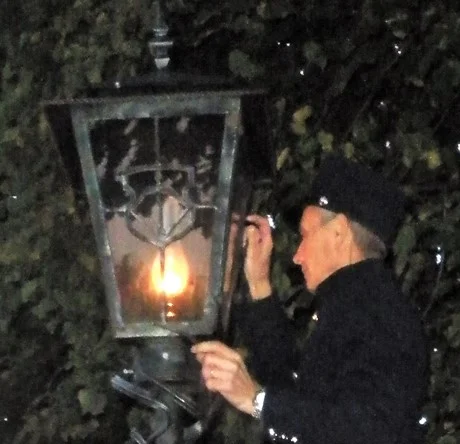
Streetlights weren’t always electric, and before the days of automated systems, lamplighters were responsible for illuminating the night. Armed with long poles, they’d go from lamp to lamp, lighting and extinguishing gas lanterns at dusk and dawn.
While this job largely disappeared by the early 20th century, its spirit lingered into the baby boomer era through stories and cultural references. There’s a romantic charm to the image of a lamplighter strolling the streets, bringing light to the dark.
7. Shoe Shiner
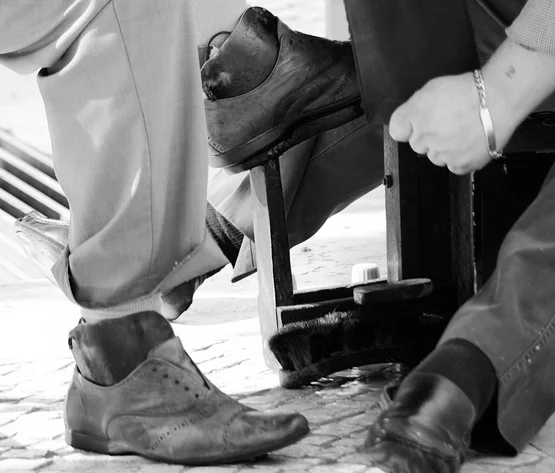
Shoe shiners were a common sight in cities, offering quick, affordable service to keep shoes looking polished and professional. Whether it was a businessman on his way to work or a kid trying to earn some pocket money, shoe shining was a valued skill.
These stands were also social hubs, where people swapped stories or caught up on the day’s news. While you might still find a shoe shiner in a few places, the golden age of this profession has passed. It’s a reminder of a time when looking sharp was part of everyday life.
8. Gas Station Attendant

Remember pulling up to a gas station and being greeted by a friendly attendant? They’d pump your gas, clean your windshield, and even check your oil while you stayed comfortably in the car. Gas station attendants were a fixture of the road trip experience, often offering directions or travel tips as part of their service.
Self-service pumps made this job largely obsolete, but the personalized attention they offered is sorely missed. It’s one of those little conveniences that made life in the past feel just a bit more special.
9. Paperboy

For many kids, being a paperboy was their first job. Riding their bikes at dawn, they’d toss newspapers onto porches (or sometimes into bushes!) while the neighborhood slept. It was a rite of passage, teaching responsibility, time management, and the value of hard work.
While newspapers still exist, digital subscriptions and changing media habits have made the traditional paper route a thing of the past. Still, it’s hard not to feel nostalgic for the sight of a kid pedaling furiously, bag slung over their shoulder, delivering the news.
10. Pinsetter
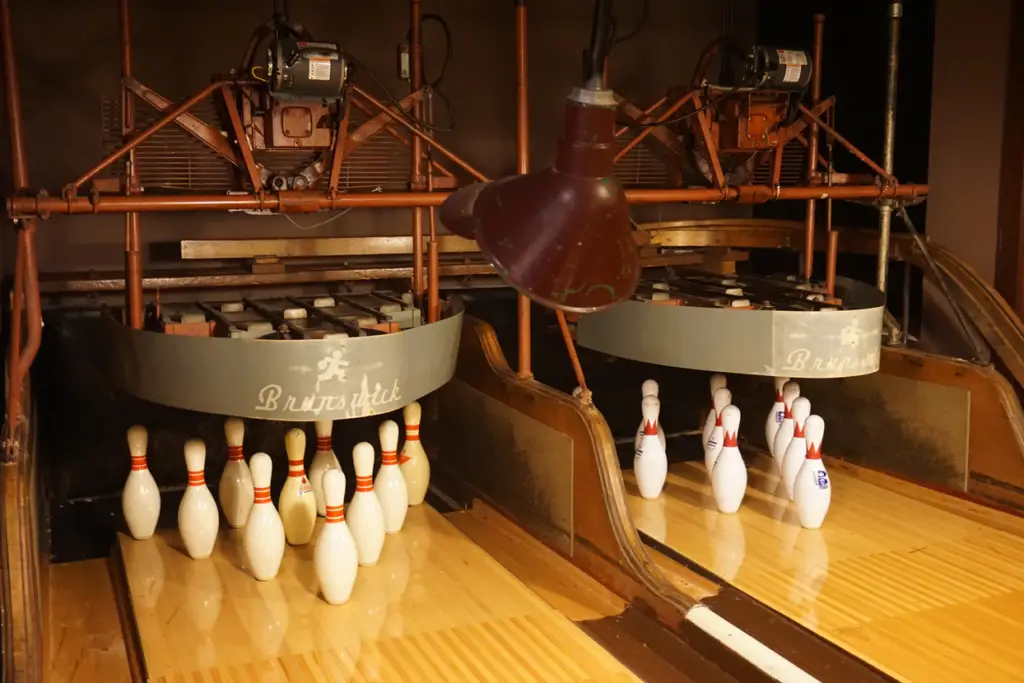
Before bowling alleys became automated, pinsetters were the unsung heroes of the sport. Often teenagers, they’d sit behind the lanes, resetting the pins by hand and dodging stray bowling balls. It was a loud, fast-paced job that required quick reflexes and plenty of energy.
Automated pin-setting machines eventually replaced this role, but for those who remember the old-school bowling experience, pinsetters were a key part of the charm. They made the lanes feel alive, even if it meant the occasional delay when a pin got stuck.
11. TV Repairman
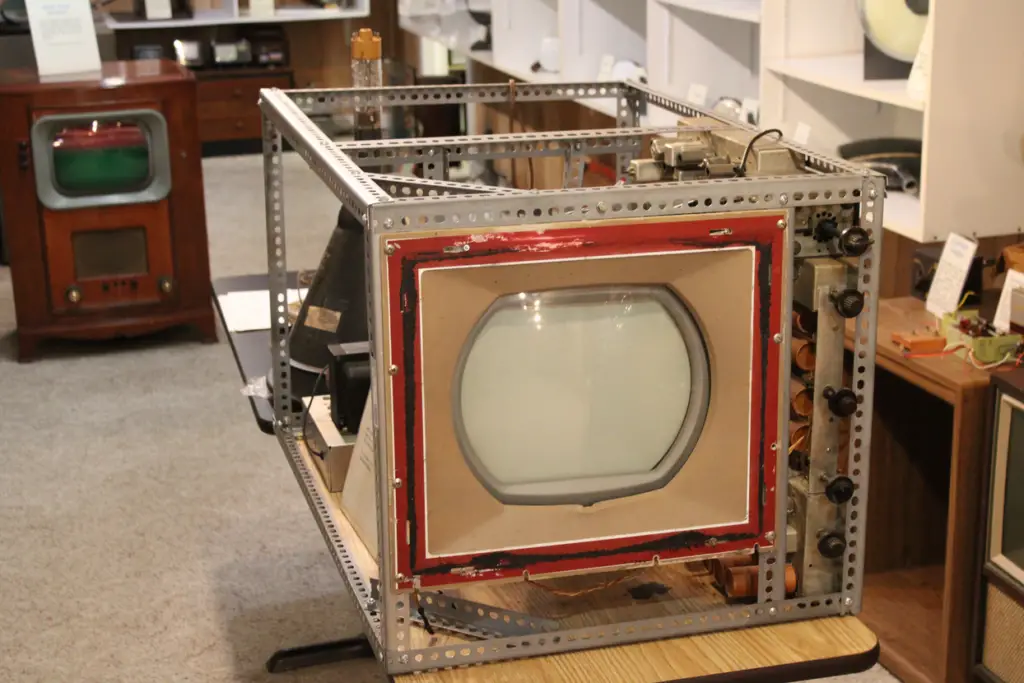
Back when televisions were massive, fragile boxes, having a TV repairman on speed dial was essential. These skilled professionals would make house calls, armed with tubes, wires, and tools to get your TV back in working order. Watching them work felt like a little slice of magic.
Modern flat-screen TVs are more disposable than repairable, which makes the role of the TV repairman feel like a relic from another time. But for many, their visits were a comforting reminder that no problem was too big to fix.
12. Library Card Catalog Clerk
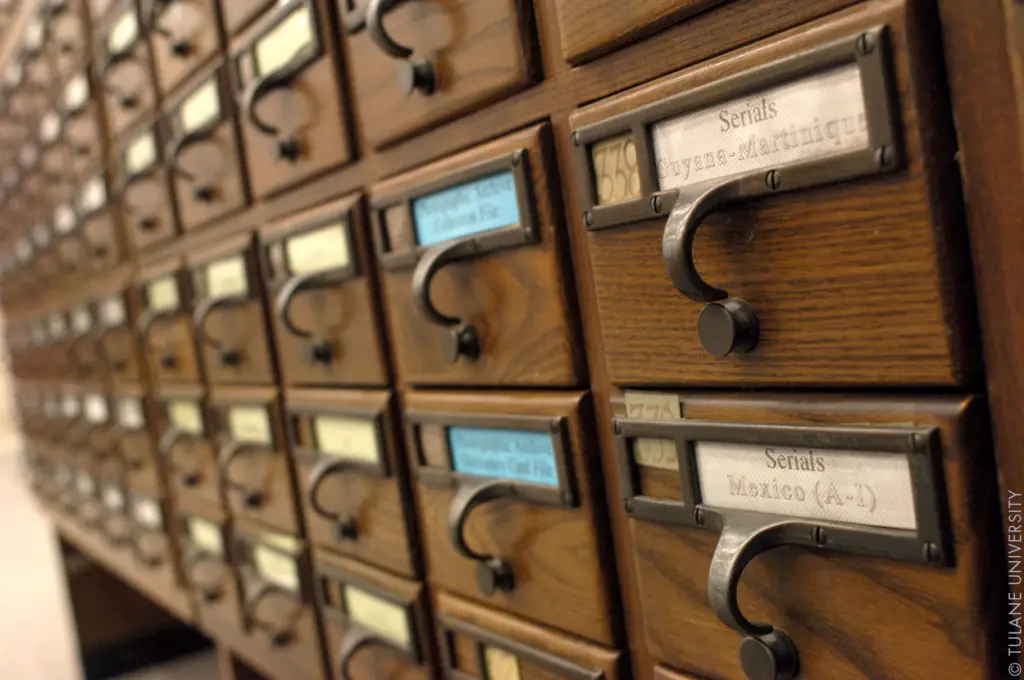
Before computers revolutionized libraries, finding a book meant flipping through a card catalog. Clerks were responsible for keeping these systems organized, updating cards, and helping patrons navigate the labyrinth of drawers. Their work required incredible attention to detail and a love of order.
While today’s digital catalogs are undeniably more efficient, there’s something nostalgic about the tactile experience of flipping through those cards. The role of the catalog clerk symbolized the quiet, studious atmosphere of libraries in the baby boomer era.
These jobs remind us of a time when human connection and craftsmanship were central to daily life. While technology has brought us many conveniences, it’s hard not to miss the charm and character these roles brought to the world. They’re a testament to the ingenuity and resilience of a bygone era—and they’ll always have a special place in our memories.

